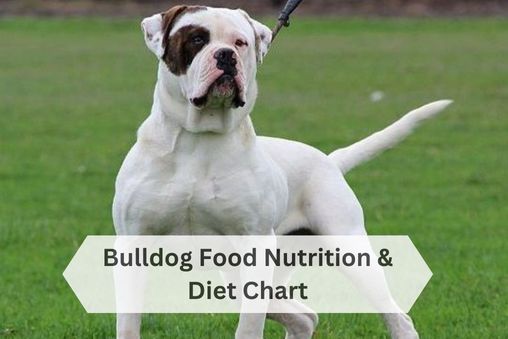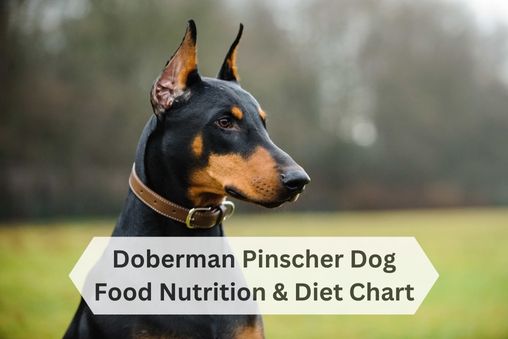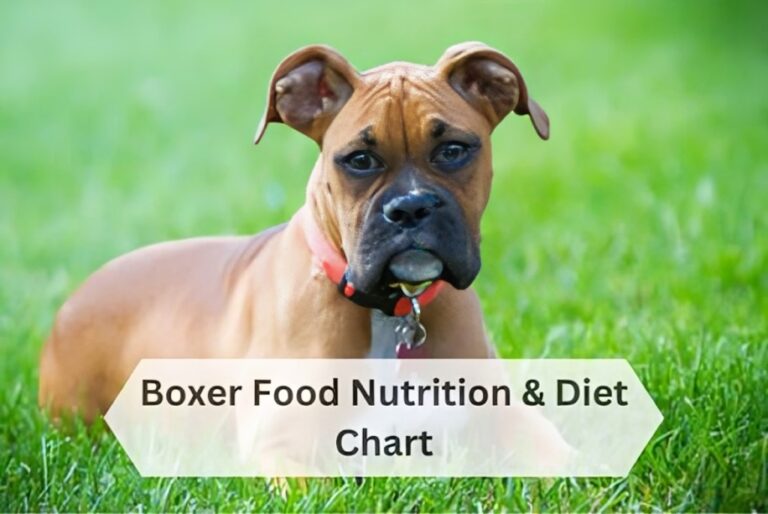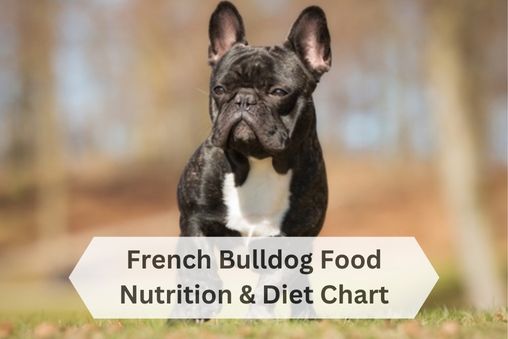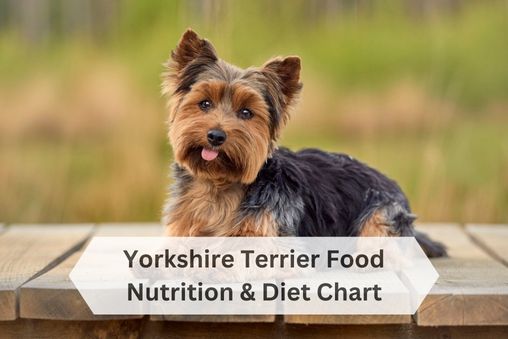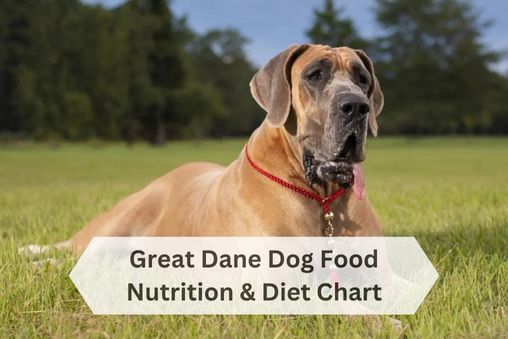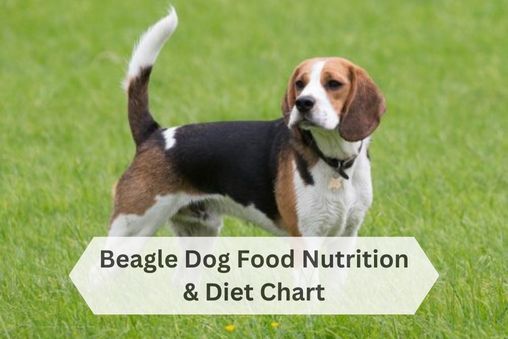Crafting a personalized diet plan for your Bulldog is essential for ensuring their health and well-being. Bulldogs are known for their distinctive appearance and loving nature, require specific nutritional considerations to support their unique physique and prevent potential health issues. In this guide, we’ll explore how to develop tailored diet charts specifically designed for Bulldogs, helping you provide them with the nutrients they need to thrive.
Understanding the Nutritional Needs of Bulldogs
Bulldogs are a unique breed that requires a specific diet to maintain their health and well-being. It is important to understand their nutritional needs in order to provide them with the best care possible.
Protein Requirements for Bulldogs
Protein is essential for Bulldogs as it helps support their muscle development and overall growth. A diet high in quality protein sources such as chicken, beef, and fish is important for Bulldogs to thrive. It is recommended that Bulldogs receive around 18-22% of their daily calories from protein.
Fat Content for Bulldogs
Fat is another important component of a Bulldog’s diet as it provides them with energy and helps support their skin and coat health. It is recommended that Bulldogs receive around 10-15% of their daily calories from fat. Sources of healthy fats include salmon oil, flaxseed oil, and coconut oil.
Carbohydrates and Fiber for Bulldogs
Carbohydrates and fiber are also important for Bulldogs as they provide them with energy and help support their digestive health. It is recommended that Bulldogs receive around 40-50% of their daily calories from carbohydrates. Sources of carbohydrates include whole grains, fruits, and vegetables. Fiber is also important for Bulldogs as it helps regulate their digestion and keep their bowel movements regular. Sources of fiber include pumpkin, sweet potatoes, and brown rice.
By understanding the nutritional needs of Bulldogs and providing them with a balanced diet, you can help ensure that they live a long and healthy life.
Choosing the Bulldogs Food
When it comes to choosing the right Bulldogs food, it’s important to consider their specific nutritional needs. Bulldogs are prone to certain health issues such as obesity, allergies, and digestive problems, so selecting a high-quality diet is essential for their overall well-being.
Quality Ingredients to Look for
When selecting dog food for Bulldogs, look for high-quality ingredients such as real meat, fruits, and vegetables. Avoid foods that contain fillers, by-products, and artificial preservatives. Bulldogs can benefit from diets that are rich in protein, omega-3 fatty acids, and antioxidants to support their overall health and immune system.
Avoiding Common Allergens
Bulldogs are known to have food allergies, so it’s important to avoid common allergens such as wheat, corn, soy, and dairy. Opt for grain-free or limited ingredient diets to help prevent allergic reactions and promote better digestion. Consult with your veterinarian if you suspect your Bulldog has food allergies.
Special Considerations for Bulldogs with Health Issues
If your Bulldog has specific health issues such as obesity, joint problems, or skin allergies, consider a specialized diet tailored to their needs. Look for formulas that are low in fat, contain glucosamine and chondroitin for joint health, or are formulated for sensitive skin. Always consult with your veterinarian before making any changes to your Bulldog’s diet to ensure it meets their individual needs.
Bulldog Food Nutrition Requirements
| Nutrient | Daily Requirement |
|---|---|
| Protein | 18-22% of total calories |
| Fat | 5-8% of total calories |
| Carbohydrates | Limited, mostly from grains |
| Fiber | 2-4% of total calories |
| Calcium | 0.8-1.2% of total diet |
| Phosphorus | 0.6-1% of total diet |
| Water | 1 ounce per pound of body weight |
Bulldog Food Diet Chart
| Meal | Food Group | Amount | Nutrient Content | Calories (approx.) |
|---|---|---|---|---|
| Breakfast | Lean Meat | 1/3 cup | Protein, Fat | 150 kcal |
| Brown Rice | 1/4 cup | Carbohydrates, Fiber | 50 kcal | |
| Blueberries (as a treat) | 2-3 berries | Vitamins, Antioxidants | 10 kcal (approx.) | |
| Morning Snack | Carrot Sticks | 2-3 sticks | Fiber, Vitamins | 10 kcal (approx.) |
| Lunch | Lean Meat | 1/2 cup | Protein, Fat | 250 kcal |
| Sweet Potato | 1/3 cup | Carbohydrates, Fiber, Vitamins | 80 kcal | |
| Spinach (mixed into meal) | 1-2 tbsp | Fiber, Vitamins | 5 kcal (approx.) | |
| Afternoon Snack | Apple Slices (seedless) | 2-3 slices | Fiber, Vitamins | 20 kcal (approx.) |
| Dinner | Lean Meat | 1/3 cup | Protein, Fat | 200 kcal |
| Quinoa | 1/4 cup | Carbohydrates, Protein, Fiber | 60 kcal | |
| Broccoli (steamed, mixed in) | 2-3 florets | Fiber, Vitamins | 10 kcal (approx.) | |
| Evening Snack | Plain Yogurt (low-fat) | 1-2 tbsp | Protein, Calcium (if lactose tolerant) | 20 kcal (approx.) |
Make sure to adjust portion sizes based on your bulldog’s size, activity level, and individual needs.
Supplementing the Diet with Vitamins and Minerals
In addition to their regular diet, you may need to supplement your bulldog’s diet with vitamins and minerals to ensure they are getting all the nutrients they need. Consider adding a multivitamin or specific supplements such as glucosamine for joint health.
Monitoring and Adjusting the Diet as Needed
It’s important to monitor your bulldog’s weight, energy levels, and overall health to ensure their diet is meeting their needs. If you notice any changes in their health or behavior, consult with your veterinarian to make any necessary adjustments to their diet.
By following a balanced diet that includes high-quality protein, healthy fats, carbohydrates, vitamins, and minerals, bulldog owners can ensure that their pets thrive and maintain a healthy weight.

